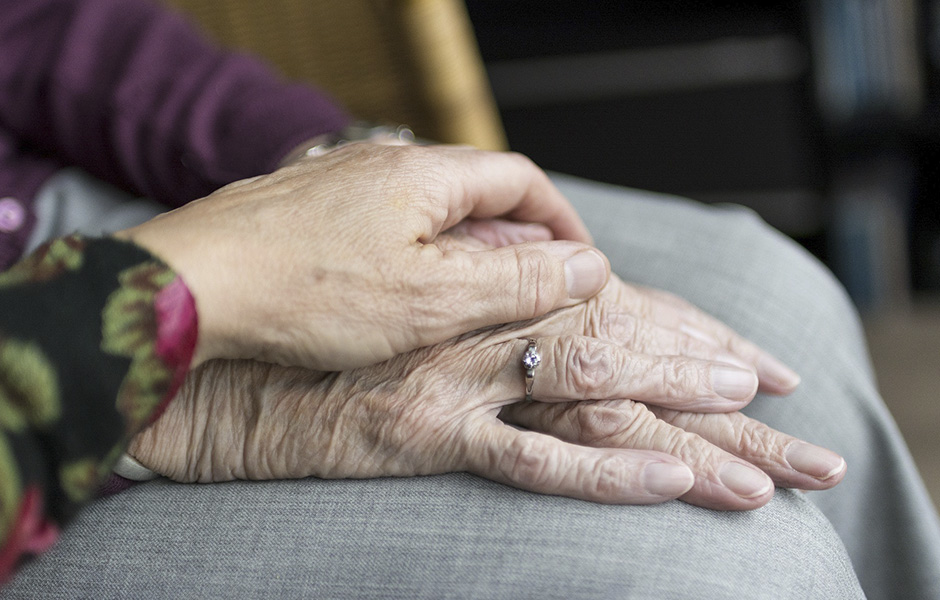CINTESIS/ICBAS researchers Constança Paúl and Soraia Teles de Sousa are participating in a global collaboration network of the World Health Organization (WHO) that aims to share and disseminate good practices in the area of dementia.
This new network was created with the aim of increasing the quality of life, quality of care, and well-being of people with dementia and their informal caregivers, as Soraia Teles de Sousa notes in an article published in “Alzheimer Europe”.
The iSupport Network is part of the Global action plan on the public health response to dementia 2017-2025 of the WHO and it resulted from the work carried out with the iSupport – Portugal program, adapted to Portugal by researchers from CINTESIS, in partnership with the Alzheimer’s Association Portugal.
This collaborative network, which made its first public appearance at the international congress of the International Psychogeriatric Association in Lisbon in 2023, brings together teams from all over the world to adapt, develop, and implement iSupport in different countries. Other objectives include identifying opportunities and challenges associated with implementing the program.
The iSupport-Portugal program was adapted from iSupport, created by the WHO to teach and train caregivers of people with dementia. The program includes 23 sessions that help provide quality care, addressing key issues for those caring for someone with the condition. Since it was created in 2019, the WHO program has been adapted by more than 40 countries and in 37 languages around the world.
This is a “web-based support and training program created for informal caregivers of people with dementia”, with the aims of understanding the impact of this “neurological condition” on those affected and on caregivers, dealing with changes in patients’ behavior (such as aggression and depressive symptoms), contributing to the provision of quality care and enabling better management of the difficulties associated with it.
According to Soraia Teles de Sousa, “the majority of care for around 55 million people with dementia is provided by family members or close friends who are not paid. Informal caregivers spend an average of five hours a day supporting these people” and often face “financial, social and psychological problems, which has an impact on their physical and mental health”.

